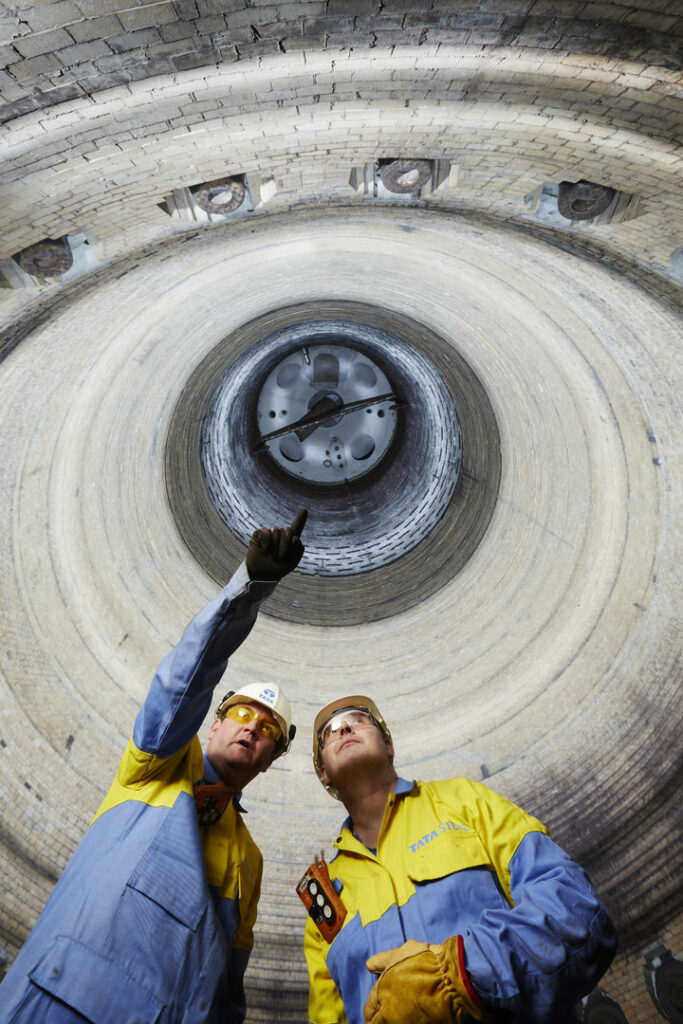The Welsh government has pledged £8 million towards helping Tata Steel cut energy costs at the Port Talbot plant that has previously been threatened with closure.
First minister Carwyn Jones unveiled the funding as part of a series of investing the country is making to secure the long-term future of the Tata Steel facility and with it thousands of jobs.
The funding will contribute towards an £18 million investment designed to both reduce the plant’s energy costs and cut carbon emissions. Jones said that the investment would do so by “recycling waste process gasses that currently escape to the atmosphere”.
That would allude to the development of an Energy from Waste (EfW) facility being developed at the site, which would burn waste gasses to create energy.
“Our support provides a critical component part of the companies plan to deliver a sustainable business and follows yesterday’s agreement between Tata and the Unions and our £4m investment in developing the skills of the workforce, today’s announcement is a further step forward towards a more confident future for steel making in Wales,” Jones said.
Bimlendra Jha, CEO at Tata Steel UK, added: “Today’s announcement from the Welsh government will be an important contribution towards developing a sustainable future for our steel business based in Wales and throughout the UK.”
Tata has repeatedly lamented energy prices in the UK, claiming them to be a major factor in its lack of competitiveness with foreign steel imports, particularly from China.
The firm has also previously embraced renewables in the UK to reduce its energy cost base. Tata’s Scunthorpe site saved around £460,000 in less than a year by partnering with two renewable generators.
Most notably Tata entered into a power purchase agreement with the 39MW Raventhorpe solar farm which contributed circa 8% of the site’s total bought-in energy requirement between April and December 2015.
However the deal concluded earlier this year, leaving Tata with the prospect of having to purchase that electricity requirement from an alternative, more expensive source.






